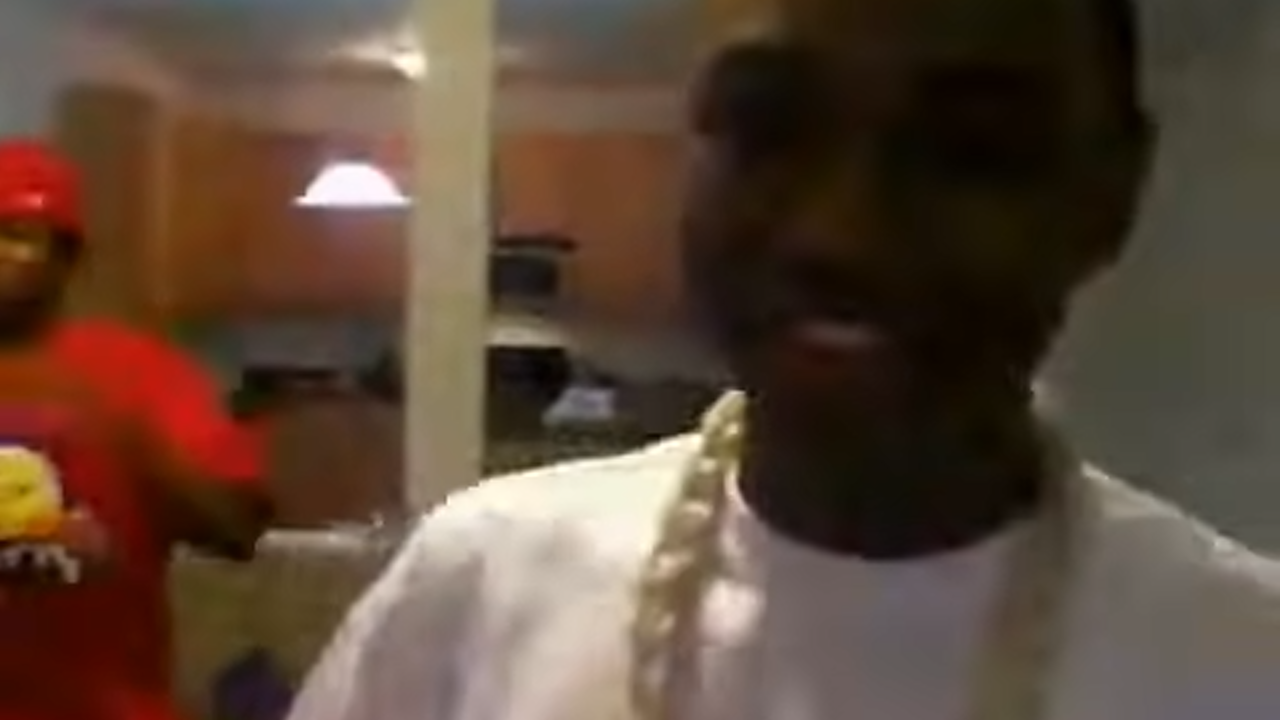
Soulja Boy Was Right
Soulja Boy is the greatest game designer of our generation.
Back in 2012, a little documentary called Indie Game: The Movie got released. It followed the tortured geniuses behind Super Meat Boy, Fez, and Braid, and basically served as a love letter to the act of independent game development. You can watch it on Steam if you want to relive the era when releasing a 2D platformer meant you were some kind of a visionary, not just a guy with Unity and two weeks off work.
I was just 14 when the movie came out, and I believe I didn't watch it until about a year later. By that point I had already been using GameMaker for years, making my own original (and really shitty) games. A lot of people think I started game development with fangames, and sure, I did make plenty of those between 2010 and 2020, but before that I was actually making more original stuff! You know, stuff inspired by what you'd see in the old Yoyo Games Sandbox.
So when I heard there was an entire movie about people making games like that, especially one featuring Super Meat Boy, a game that had been a huge inspiration for me, I was immediately interested.
Watching it left a bit of an impression on me. It was the moment I began to seriously consider indie game development as a career, rather than simply aiming for a general path in software engineering. Up until that point, I hadn't really thought of the things I was making as “real games”. They felt more like small hobby projects, not the kind of work people pour years into, release on actual consoles, or earn a living from. I wanted to do all that, even though the movie didn't shy away from showing just how difficult the journey was for them.
Mario in the future
One of the most memorable moments in the movie is when Jonathan Blow discusses how the success of Braid affected him emotionally. Not because the game was received poorly or anything, oh no, people absolutely loved Braid. It was precisely because of that overwhelming praise.
You can watch that whole section from the movie above, but in short, Jonathan Blow gives a deep speech about the emotional toll of creating something as personal as Braid, and the movie cuts into a video uploaded to YouTube by Soulja Boy, showing him playing Braid and having the time of his life.
There ain't got no point to the game. You just walk around, jump on shit. He look like Mario in the future. It is Mario in a business suit, and he just walk around jump on shit. But what's the fun part about it, you can do this right here, watch this…
Soulja Boy then goes back to messing around with the game's mechanics, jumping down a pit, rewinding time, and watching “Mario in the future” slowly rise back to the top, over and over. With that, the documentary cuts to the iconic shot of Jonathan Blow in a dark room, sitting on a chair, in the most dramatic way possible.
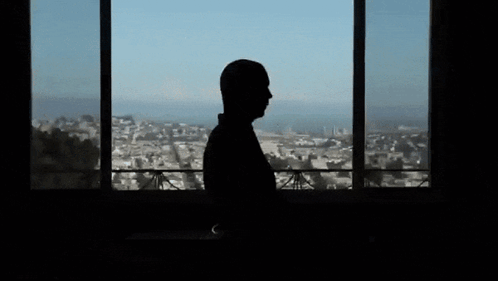
What's funny is that the movie presents this Soulja Boy clip almost as a punchline, an ironic juxtaposition to Blow's heartfelt monologue about the emotional toll of game development. It's edited in a way that implies Soulja Boy is hilariously missing the point.
I mean, it is hilarious, I won't lie, but I'd also argue that he isn't actually missing the point.
Soulja Boy tell 'em!
Once a piece of art (whether it's a game, movie, or a book) is released into the world, its meaning is no longer controlled by its creator, but rather those who consume it. This is called “death of the author”, coined by this French guy called Roland Barthes. And no, it's not actually about the people getting cancelled on Twitter. The argument here is that once a work is created, the author's intentions should not hold ultimate authority over how that work is understood.
The birth of the reader must be at the cost of the death of the Author.
Essentially, meaning is not something fixed by the creator. It's fluid, produced by the player, shaped by their own feelings, experiences, and therefore, their own interpretations. And when it comes to interpretations, fruitfulness matters way more than faithfulness.
Soulja Boy's reading of Braid admittedly wasn't very faithful, but it sure was fruitful! By cutting through all the pretentious crap, he experienced the game on terms that were true to him, and came out having way more fun than anyone has ever had playing Braid. And who am I to say that he was experiencing the game “wrong”? That was just his own reading, as valid and valuable as any other. Including Jonathan Blow's own.
Sure, one could argue that authorial intent can add valuable context and deepen the meaning, but the issue is that nobody playing a game for the first time will be thinking about those things. That kind of reflection comes with time, with deeper analysis, and only informs the experience, doesn't define it. If your work cannot be interpreted in more than one way, if it requires a specific understanding to function properly, then you didn't really create art. You just made a statement.
In science, we seek convergence. If a thousand people measure the same object, we expect them all to get the same result. If they don't, then someone is wrong. It is my theory that Jonathan Blow, in his frustration, was treating Braid like a scientific experiment. He wanted the audience to “measure” his game and all arrive at the exact same conclusions: his conclusions.
But the hallmark of a great artistic work is actually divergence. If a game only means what the developer intended, that game is, in a sense, dead. Its meaning is finite. Once you read the developer's post-mortem blog post or watch their post-release interviews, you have “solved” the game. You've reached the bottom of the well. And that's...lame! Video games are more than that. No, art is more than that!
One thing I love doing is going on YouTube and watching people's reviews of games I've already played. Not because I need to see someone else's opinion to validate my own, but because I enjoy seeing how different people experience the same games in such different ways. It feels almost like experiencing the game all over again, but with a new perspective. That's awesome, why would you even oppose that as a creator?
So yeah, I really do think Soulja Boy was right. Maybe not in the way Jonathan Blow intended, but in the way that actually mattered.
Watch me crank it, watch me roll
A quick side note on Jonathan Blow himself, he was once seen as kind of a genius within the larger game development scene. You know, the face of independent game development, a “true artist” in a world full of amateur devs making shitty toys. That view is mostly gone these days. His follow-up game, The Witness, was technically impressive and was critically well received, but it also quickly gained a reputation for being unbearably pretentious at times. So much so that it even inspired an excellent parody called The Looker that might be an unironically better game. There's also the remaster of Braid that was released recently, and Blow himself isn't shy to admit that it sold “terribly”. So there's that.
But he's probably most controversial these days for his political views. I remember just a few years ago he had made a tweet showing his distrust in the popular narrative surrounding COVID, spreading some rather questionable views. Naturally, I quoted one of his tweets, just saying “Soulja Boy was right”. It was supposed to be a joke (mostly), and I wasn't really expecting him to see it.
Yet he did, and I got blocked by him.
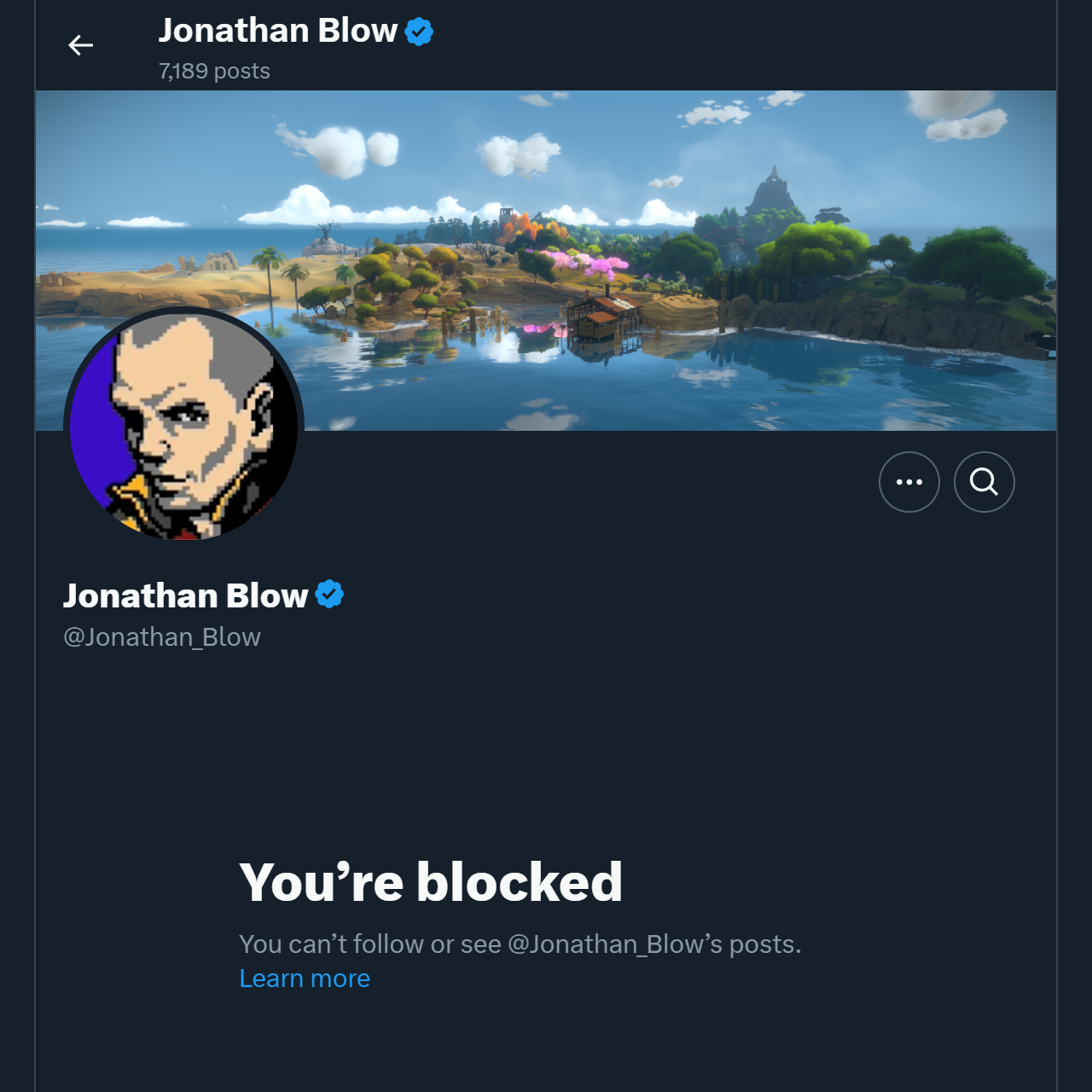
Even though his work was partially responsible for getting me into serious game development, it somehow didn't sting. I guess I don't need to agree with his personal views, or even like him as a person, to recognize the impact of the Indie Game Movie on my own creative path.
After all, once a work is out in the world, it belongs to its audience.
2026 EDIT: I finally got a blog set up on my personal website, so I'm moving a lot of my more personal posts there. Go take a look!
Share this post
If you like what you just read, share it with your friends or on social media!
Stay in touch!
Sign up for our newsletter to get monthly exclusive newsletter posts, and more!
Comments
Join the discussion on our forum!Keep Reading
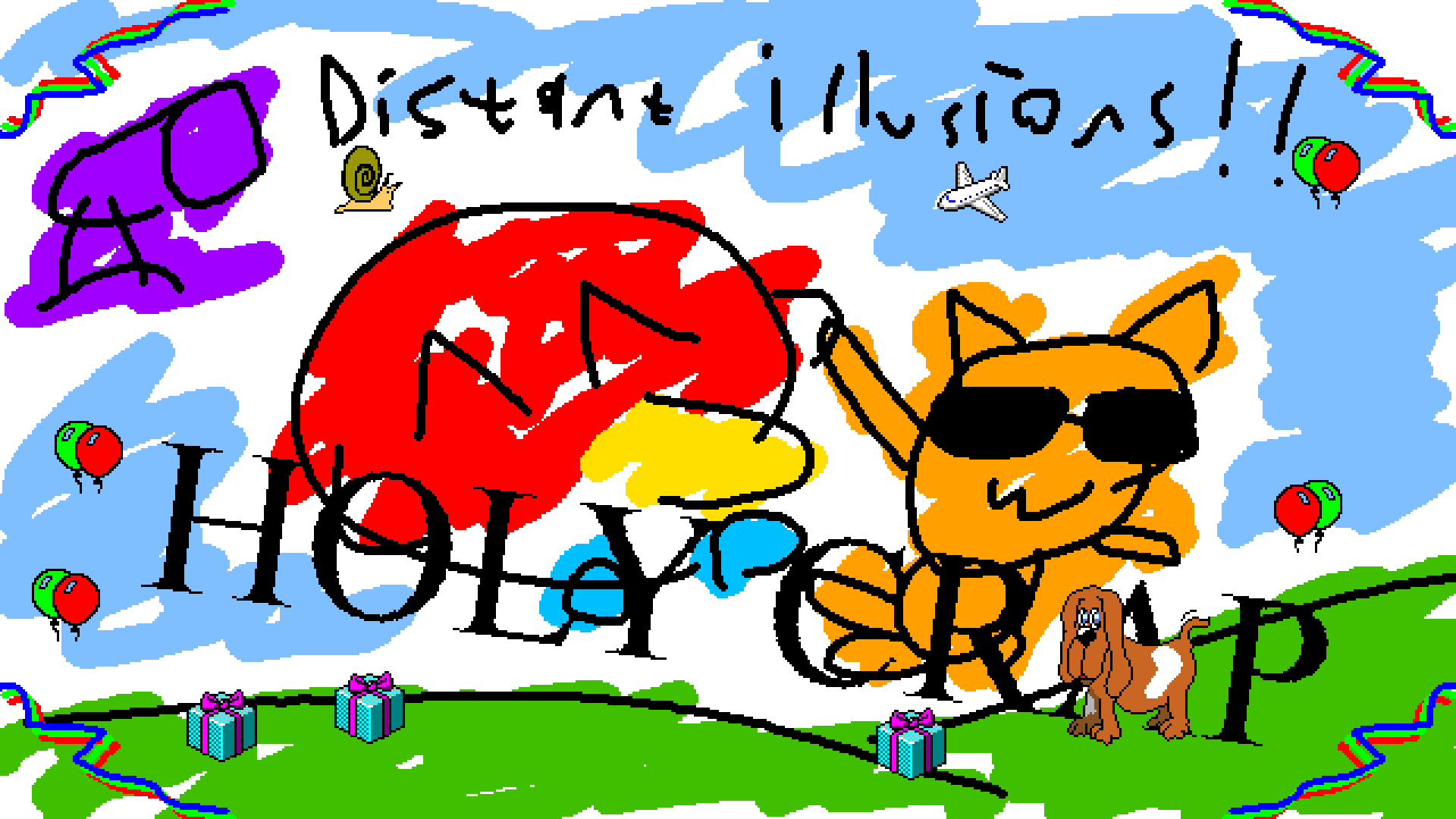
DI MONTHLY #10: T3H EPIC VIDJA GAMEZZZ
*holds up devkit* rawr xD
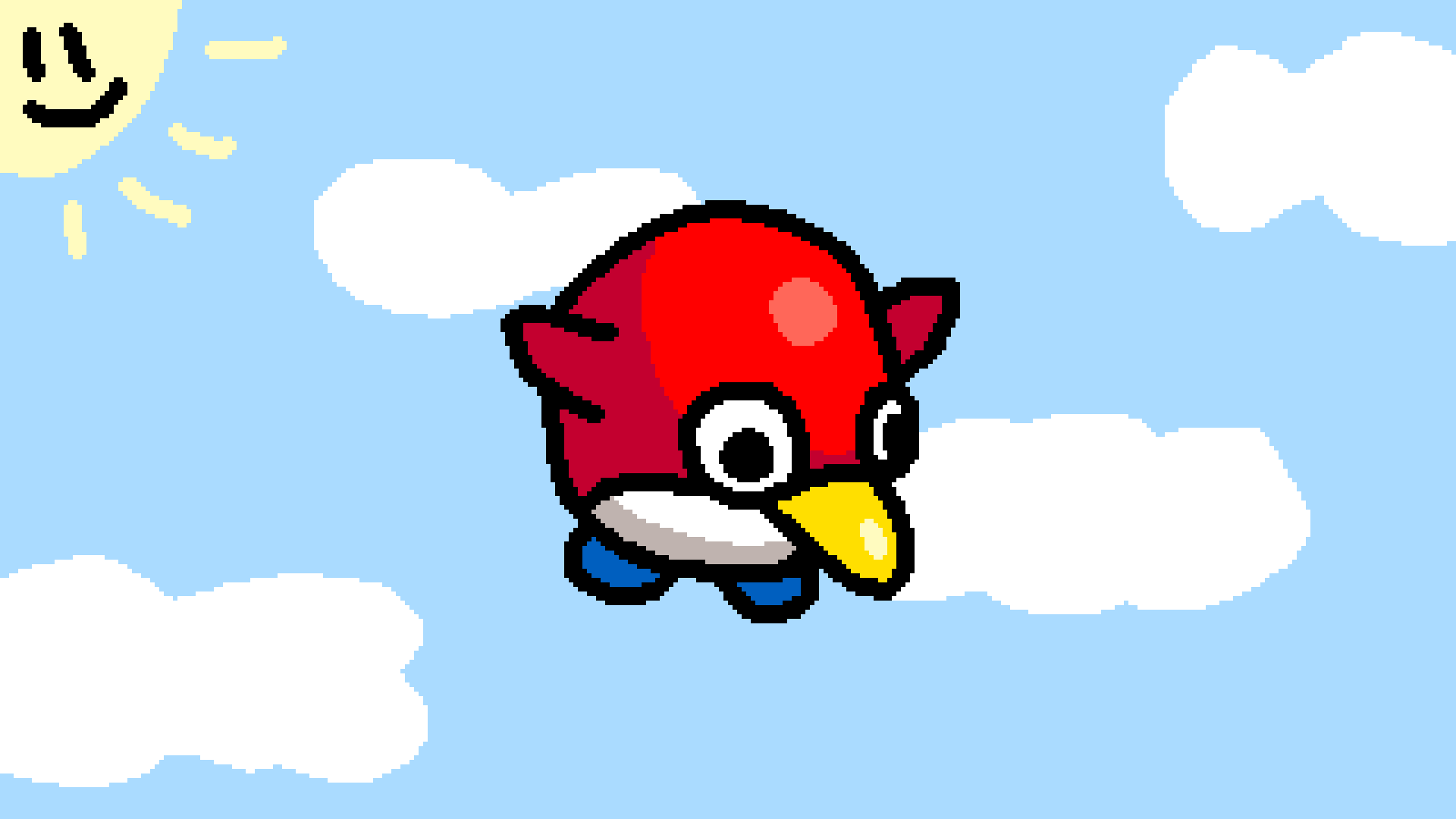
DI MONTHLY #8: Better Late Than Never
Good news, everyone!

DI MONTHLY #6: ALWAYS BUSY!!!
Me? Focusing on one project? Oh, don't be silly...
